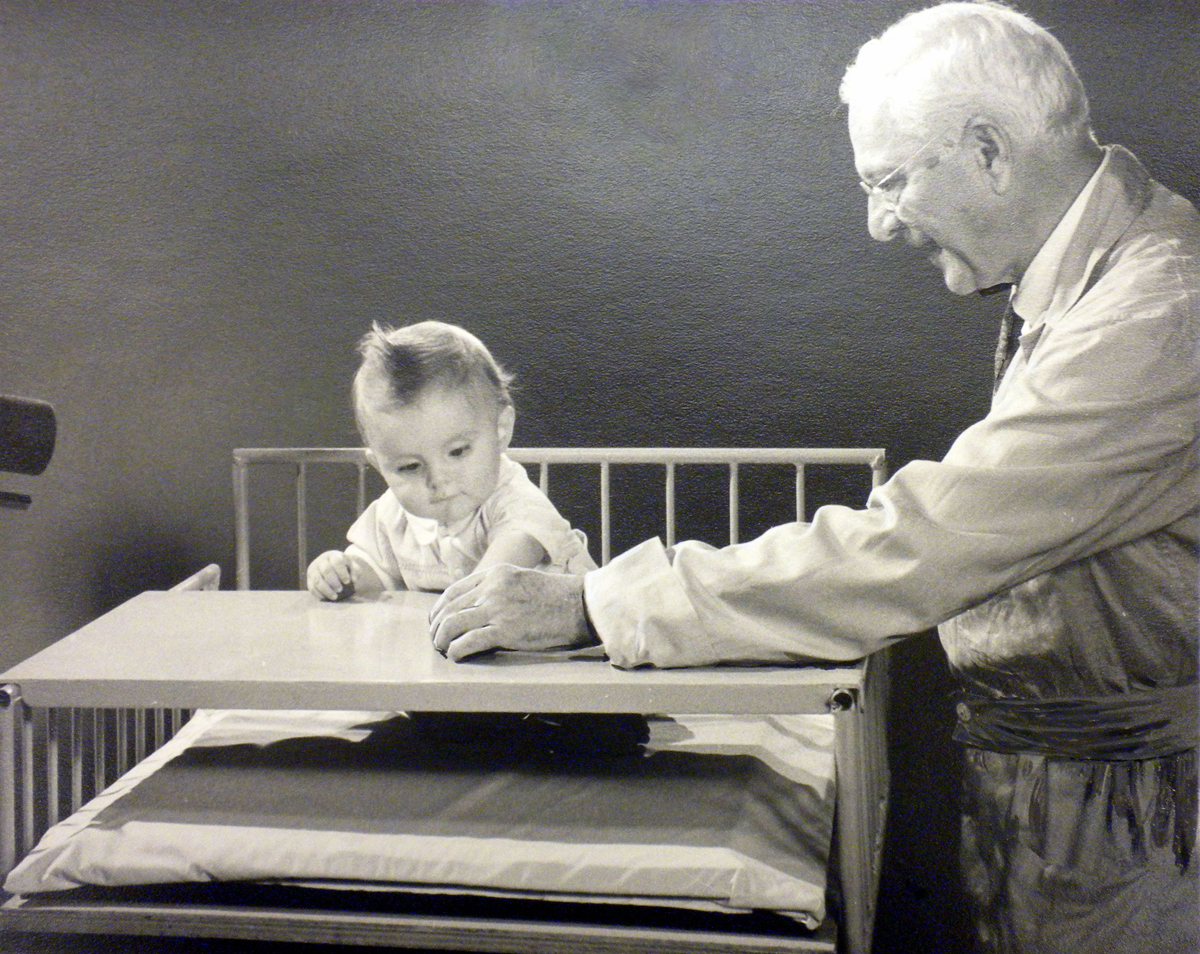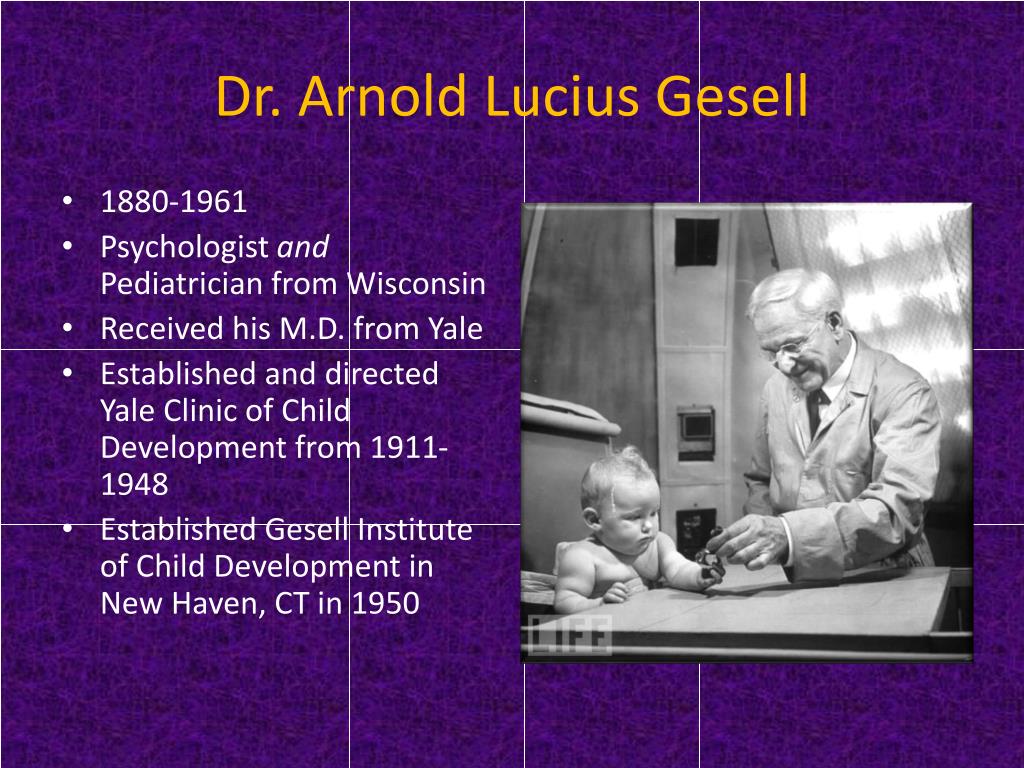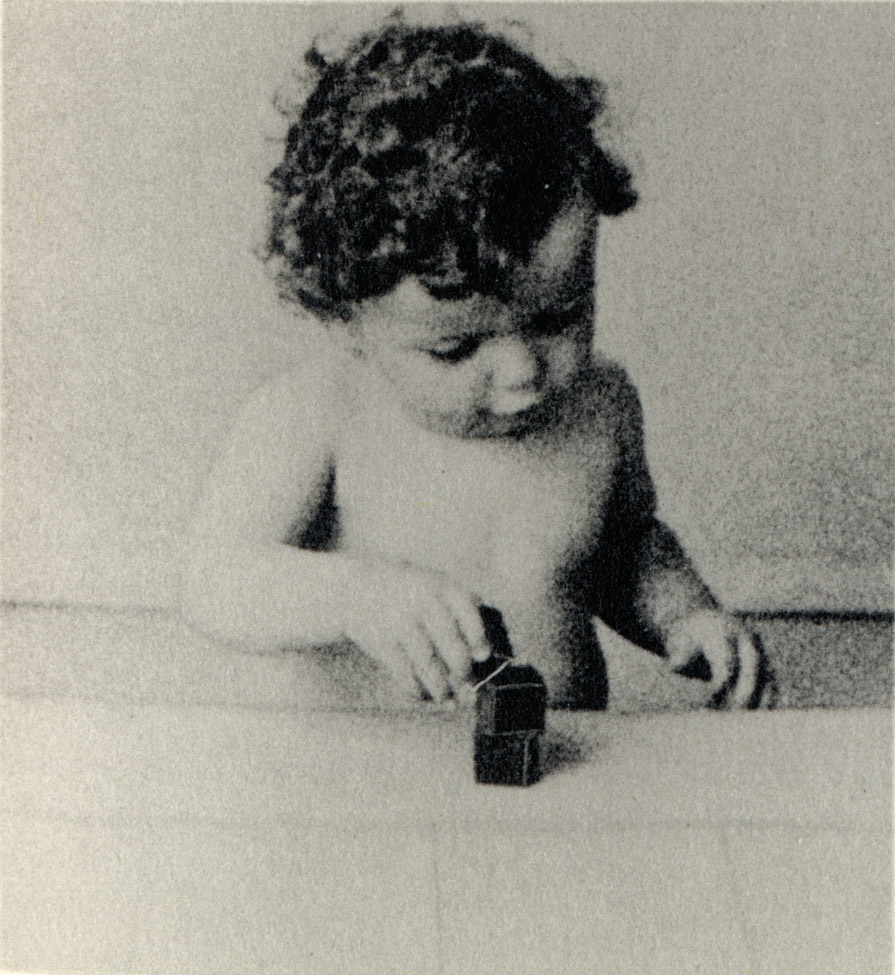
When we consider the field of child development, several prominent figures may come to mind, but one name that truly stands out is Arnold Gesell. Born on June 21, 1880, in the small town of Alma, Wisconsin, Gesell was not merely another psychologist; he was a pioneering force who fundamentally transformed our understanding of how children grow and develop. His innovative approaches and groundbreaking research laid the foundation for modern developmental psychology. So, what exactly set him apart from his contemporaries? To fully appreciate his contributions, let’s explore the significant milestones of his life and the influential work that continues to resonate in the field of child development today. Through his meticulous observations and studies, Gesell provided invaluable insights into the stages of childhood, shaping the way educators, parents, and psychologists approach child-rearing and education.
Early Life and Education

Roots in Wisconsin
Born and raised in a quaint small town in Wisconsin, Gesell’s upbringing provided him with a distinctive lens through which to view the world of childhood. The simplicity and charm of his surroundings fostered a deep curiosity within him regarding the intricate processes of child development. These formative experiences not only influenced his understanding of children but also ignited a lifelong passion for exploring the various stages of growth and learning. After completing high school, Gesell took a significant step in his academic journey by enrolling at Clark University in Worcester, Massachusetts. It was here that he encountered the influential ideas of the esteemed psychologist G. Stanley Hall, whose work would leave a lasting impact on his own research and theories.
Academic Achievements
In 1906, Gesell proudly earned his doctorate from Clark University, marking a significant milestone in his academic career. However, he was not content to rest on his laurels. Recognizing the importance of a comprehensive understanding of child development, he made the bold decision to pursue a medical education. This led him to Yale University, where he dedicated himself to the study of medicine. His hard work and determination paid off when he received his M.D. in 1915. This combination of psychological insight and medical knowledge would later prove invaluable in his groundbreaking research on child development, allowing him to contribute significantly to the field and influence future generations of psychologists and educators.
Career at Yale University

Director of the Clinic of Child Development
In the year 1911, a significant turning point in the field of child psychology occurred when Arnold Gesell was appointed as the director of the Clinic of Child Development at Yale University. This role marked a crucial moment in his professional journey, as it provided him with the platform to delve deeply into the intricacies of child development. At the clinic, Gesell meticulously gathered an extensive array of data on various aspects of child growth and behavior. His groundbreaking research and findings would go on to shape and influence parenting practices and educational approaches throughout the United States, leaving a lasting legacy in the field of developmental psychology.
Innovative Research Methods
Arnold Gesell was truly a trailblazer in the realm of child research, particularly noted for his innovative use of motion-picture cameras to study the behaviors and development of children. Imagine the groundbreaking concept of capturing the essence of childhood on film! Gesell utilized a one-way mirror to film approximately 12,000 children, which allowed him to observe their natural behaviors in an unobtrusive manner. This method of observation was revolutionary at the time, as it provided insights into children’s actions and interactions without the influence of an observer’s presence. His pioneering techniques not only enriched the field of child development but also set a new standard for research methodologies in psychology.
Key Contributions to Child Development

Understanding Normal Development
Initially, Dr. Arnold Gesell concentrated his research efforts on children exhibiting developmental delays. However, as he delved deeper into his studies, he came to the important realization that a comprehensive understanding of normal development was essential for accurately identifying and diagnosing abnormalities in children’s growth. This pivotal shift in focus prompted him to conduct extensive research on the mental and physical growth patterns of infants, allowing him to establish a clearer framework for understanding typical developmental trajectories.
The Maturational Theory
Gesell introduced the concept of the maturational theory, which posits that children progress through distinct stages of maturation before they are able to engage in effective learning. He likened this process to the growth of a plant, which requires specific environmental conditions to thrive and reach its full potential. In his research, Gesell identified four fundamental areas of development that are critical to a child’s overall growth: motor skills, adaptive behavior, language development, and personal and social skills. Each of these areas plays a vital role in shaping a child’s ability to interact with their environment and learn from it.
Developmental Schedules
In his influential book, Infancy and Human Growth, published in 1928, Gesell introduced a comprehensive developmental schedule that was based on the observation of 195 distinct behaviors. This schedule was designed to evaluate infants ranging from 3 to 30 months of age, providing a systematic approach for assessing their growth and development. The introduction of this developmental schedule proved to be a groundbreaking advancement for pediatricians and parents alike, as it offered valuable insights into the typical milestones children should achieve during their early years. This work not only enhanced the understanding of child development but also laid the foundation for future research in the field.
Influential Works

Books That Shaped Parenting
Gesell authored several influential books, including:
- An Atlas of Infant Behavior (1934)
- Child Development: An Introduction to the Study of Human Growth (1949)
- The Child from Five to Ten (1946)
- Youth: The Years from Ten to Sixteen (1956)
These works provided invaluable insights into child development and helped shape modern parenting practices.
Criticism and Legacy
While some experts criticized his schedules, they were widely adopted and remain influential today. Gesell believed in a balanced approach to parenting—one that emphasized discerning guidance rather than strict rules or excessive permissiveness.
The Gesell Institute of Child Development

Continuing His Work
After retiring from Yale in 1948, Gesell served as a research consultant for the Gesell Institute of Child Development in New Haven. This institute continued his legacy, focusing on child development research and education.
Impact on Child Psychology

Influence on Modern Practices
Gesell’s work laid the groundwork for many modern practices in child psychology and education. His emphasis on understanding normal development has influenced how we approach child rearing today.
Understanding Adoption and Premature Birth
Beyond typical development, Gesell also explored the psychological factors in child adoption and the effects of premature birth on mental development. His holistic approach to child development has had lasting implications.

Arnold Gesell passed away on May 29, 1961, but his contributions to child development continue to resonate. His innovative methods and theories have shaped our understanding of childhood and influenced countless parents and professionals. So, the next time you think about child development, remember the name Arnold Gesell—a true pioneer in the field!
Table: Key Contributions of Arnold Gesell

| Contribution | Description |
|---|---|
| Motion-Picture Research | Used film to study child behavior in natural settings. |
| Maturational Theory | Identified stages of development necessary for learning. |
| Developmental Schedules | Created schedules to evaluate infant behavior. |
| Influential Publications | Authored key texts that shaped parenting and education. |
| Holistic Approach | Considered various factors affecting child development. |

